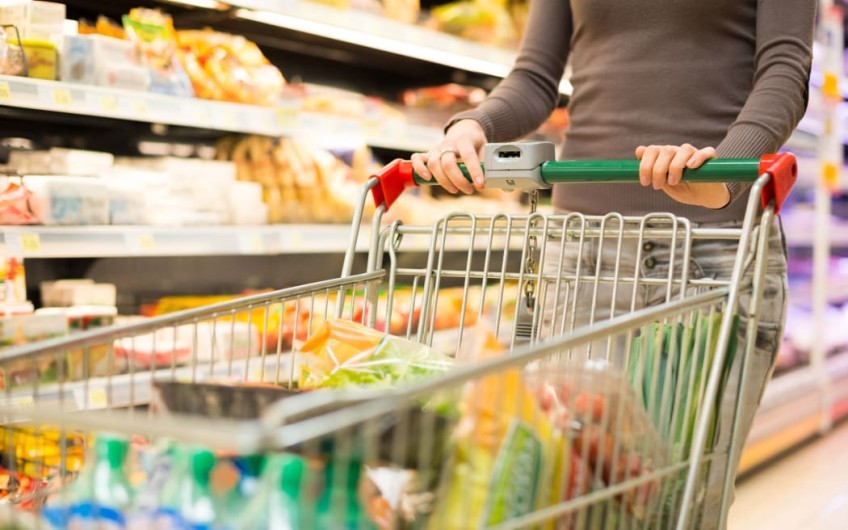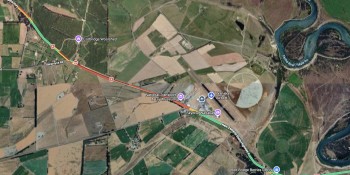The price pain of supermarket shopping

It has been nearly a year since the government announced a crackdown on the big supermarket chains, but grocery bills keep climbing and shoppers are losing hope as they wait for competitors to enter the market.
At the end of May last year, the government announced its response to the Commerce Commission's findings that supermarkets were making $1 million a day in excess profits - in an industry worth $22 billion a year. The duopoly - the Australian-owned Countdown chain and its spinoffs, and the New Zealand-owned Foodstuffs - hold 80 percent of the supermarket sector.
The Grocery Industry Competition Bill is set to come into effect by the middle of this year, and will include a grocery commissioner to monitor the industry, a mandatory code of conduct, a new regime opening up access to the wholesale sector, collective bargaining among suppliers, tougher rules on pricing display and loyalty scheme transparency.
The changes are aimed at stoking competition, but the new laws will take a long time to make a difference, BusinessDesk senior journalist Paul McBeth tells The Detail.
"We won't start seeing the impacts of this for some time yet, and that's often the way when it comes to governments waving their arms about wanting to do something," he says.
"While Foodstuffs and Countdown can pretend that they want more rivals out there, as a business owner they never want to lose market share and they never want to lose profit."
McBeth says it's a complicated equation that feeds into rising prices.
"Wages are flying up, supermarkets have to pay their staff more. We've seen that through Woolworths, the owner of Countdown, they hiked their wages and their margins have got squeezed as a result.
"Suppliers want more money because they are getting charged more for the raw materials that they use to make their ingredients and food products. Everything's just got more expensive and there's only so much legislation can do to mitigate that."
A new study on supermarket prices by Infometrics, based on data supplied by the supermarkets shows suppliers costs, such as packaging, have risen by 10 percent or more over the last six months, according to data supplied by the supermarkets.
McBeth says despite external factors putting pressure on prices, it's difficult to feel sorry for the supermarket giants.
"We always like to paint entities in industries where there's a lot of market dominance as the giant beast to be slayed."
Consumer NZ head of research and advocacy Gemma Rasmussen says its own recent studies on dodgy "specials" on supermarket shelves show the supermarkets are not lifting their game.
She tells The Detail about the shock of her first supermarket bill when she returned to live in New Zealand from Sydney.
She was used to a lot more competition in Australia, which gave shoppers more choice and kept prices in check.
"Within a 10-minute drive of my house there was an Aldi, a Coles, a Woollies Countdown equivalent, there was also a fruit and vege market which was local, there was an IGA, an independent grocer and there was one other supermarket," she says.
"What it boils down to is choice, and what I heard from Australians is that when Aldi entered the market, because they were such a budget competitor, it really pushed the other supermarkets to drive down their prices."
Rasmussen says the bare minimum of the new regime is to see the duopoly that enjoys excessive profits operate in a fair and reasonable way. She says other players such as Costco in Auckland and The Warehouse have made a small difference to local supermarket pricing, but are not enough to have a real effect.





















